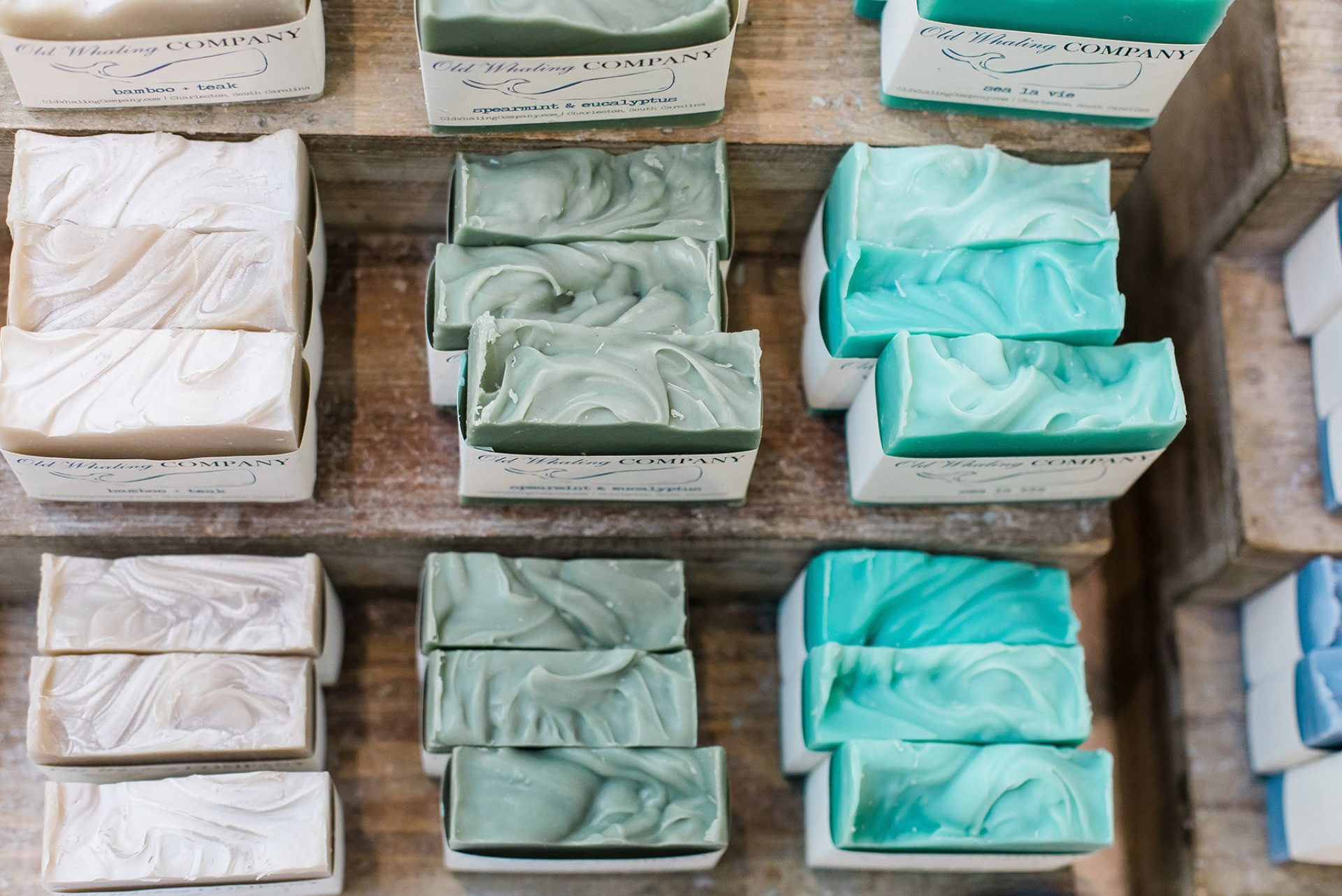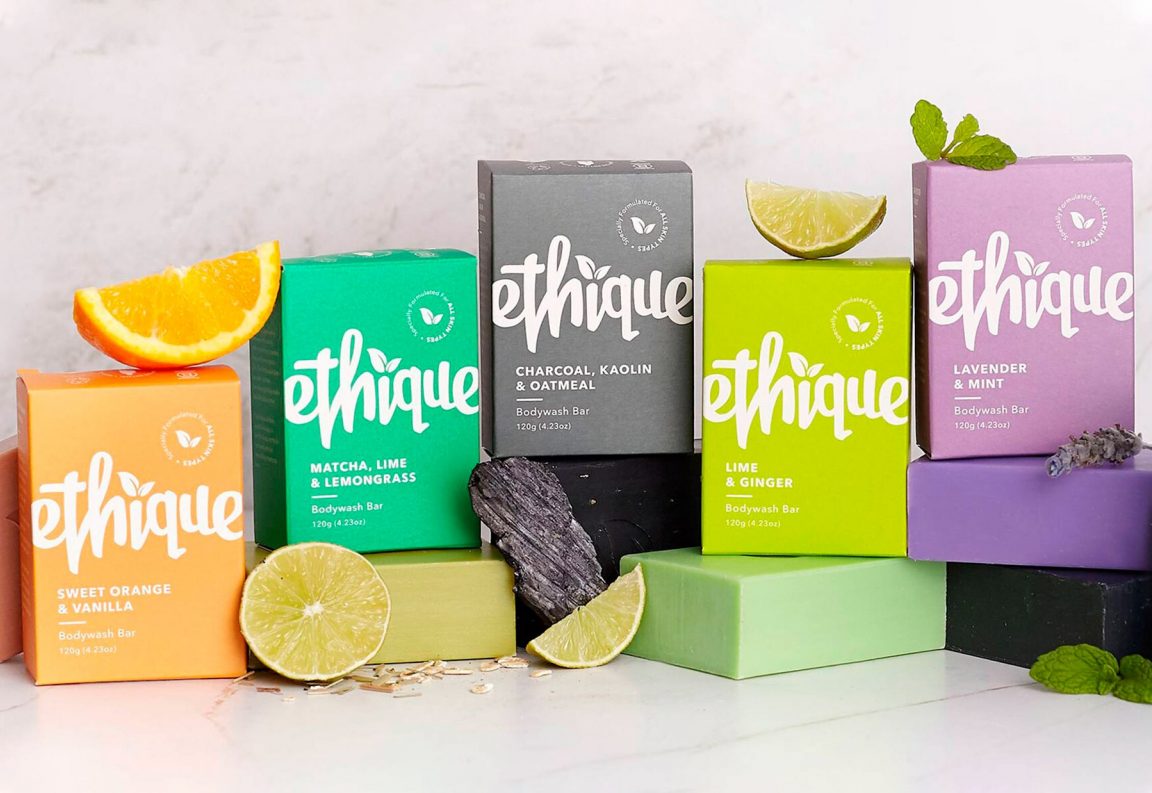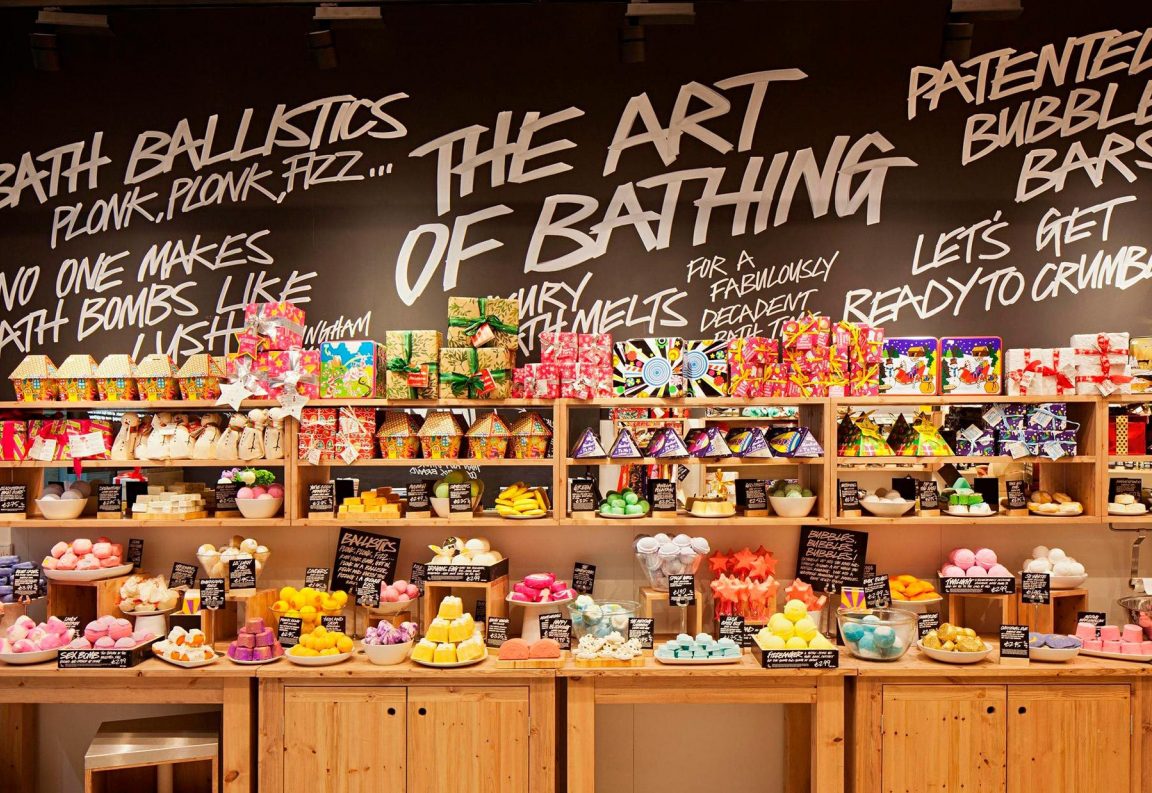Zero-waste is a lifestyle shift.
People are ditching fast consumerism and opting for brands that are actively investing in the future. Attention-grabbing aesthetics are no longer the be all and end all of a product; values speak volumes, and an increasing number of consumers are basing their purchasing habits on the ethos behind a brand.
According to Mintel, the zero-waste lifestyle isn’t a trend it’s a ‘ground-shaking new archetype’, and it’s forecast to hit the beauty and personal care industry worldwide. News of natural disasters is plastered across our screens and creating a call-to-action amongst the masses. For brands to successfully capture the hearts of their consumers, sustainability needs to be embodied as an ethos rather than merely an add-on. It is increasingly important for businesses to establish genuine foundations and build emotional connections with their audiences through authenticity and a genuine passion for change. For Mintel, being sustainable is a make-or-break scenario and brands that fail to respond to consumers’ demands may not exist in the future.
Sustainable supply-chains
Remember the biodegradable bag that was still intact and able to carry groceries three years after being buried? The image that circulated the internet challenged the public’s perception on the fight against plastic-waste; proving that, despite good intentions, rubbish often ends up in landfills and oceans. As a result, common terms such as ‘recyclable’ and ‘biodegradable’ have come under scrutiny and this has lead to widespread mistrust and confusion on how to best live a sustainable lifestyle.
Consumers feel empowered to act and want to embrace change, but may not know how to go about it. With the market becoming increasingly saturated with plastic-free alternatives, this is the time for brands to step up, be transparent and educate their customers so that they can make informed decisions. To build a strong relationship, brands should aim to provide education not just prior to a sale, but post-purchase too; this may involve giving information on how to responsibly dispose of a product or upcycle it. To truly champion a zero-waste mentality, brands need to be accountable for every stage of their supply-chain, not just the end-product that their audience sees.
“54% of UK beauty and personal care consumers often research products online before they buy them.”
Mintel
Sales of soap bars are soaring
‘Sub-Zero Waste’ is a new trend predicted to impact the global beauty and personal care market over the next five years, however; sustainable self-care solutions don’t have to be innovative or break the bank. In fact, the fight against plastic-waste has brought back an unlikely hero product: the good old-fashioned soap bar.
Over the past few years soap bars have overcome the bad reputation of being ‘germ-harbouring’ and ‘skin-stripping’ and have made a stealthy comeback. Kantar Worldpanel has revealed that sales of soap bars are up 20% year-on-year at Waitrose, and in general, sales have increased three per cent faster than liquid soaps and shower gel. Whilst environmentally-friendly factors play a part in this success, solid soap also boasts of natural ingredients and high-performance results that may have contributed to its new-found popularity too.
“49% of bar soap users agree that they ‘avoid products harmful to the environment’ and this has grown from 43% last year.”
Kantar Worldpanel
Smaller brands have a head start
Household beauty names such as L’Oreal and Unilever have pledged to use 100% recyclable, reusable, and compostable plastic by 2025. However, they may struggle to compete with smaller brands that are relatively new to the beauty scene, but have already established strong ethical foundations from the get-go.
Ethique started in 2012 when founder Brianne West experimented with the production of natural beauty bars during her science degree. Since then, the brand has prevented ‘over 3.3 million plastic bottles from being made and disposed of into landfills’, and shows no signs of stopping.
The brand has Kiwi origins but has since found award-winning international recognition and has grown a global consumer base to match. The range has revamped the classic bar of soap and, to date, includes over 40 products for hair, face, and body. Consumers are educated and feel empowered when they make a purchase with Ethique — each product is accompanied by a card that details how much plastic the buyer has saved from landfill.







